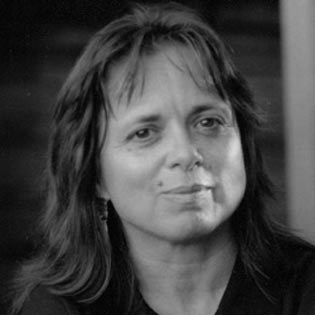Playwright Cherrie Moraga, choreographer Alleluia Panis, and installation/performance artist Celia Herrera Rodriguez collaborated with Campo Santo to develop La Semilla Caminante, a multi-disciplinary performance created with immigrant communities and focusing on women who are separated from their children and lands of origin through forced migration and violence. Their collaboration included extensive research and workshopping the piece through Campo Santo’s Open Process Series.
La Semilla Caminante involved a series of Jornadas (journeys) through many epochs and geographies of migration. Moraga, Rodriguez, and Oakland-based filmmaker Dalida Maria Benfield traveled throughout the Central Valley of California, through Los Angeles, and down to San Diego, calling forth testimonies from indigenous migrant workers.
Rodriguez then invited community members to bring images of their places of origin, build a common altar of memory, and, through the altar, find a more organic forum for their discussions. The Jornada mirrored the actual journeys these women had undergone to arrive on California soil, and incorporated the myths located in their indigenous origins. The artists also worked in the Bay Area, creating community dialogues and collaborations that were generated with Campo Santo through their Community Partners Program at Intersection for the Arts.
Lead artist Cherrie Moraga has written poetry, creative non-fiction, fiction, and plays for a full generation. The three primary artists for this project first collaborated in a 2005 production of Cherrie Moraga’s The Hungry Woman—A Mexican Medea at Stanford University.
Founded in 1996, Campo Santo is an award-winning multi-cultural ensemble committed to developing and premiering new American theatre and nurturing diverse new audiences for the performing arts.

